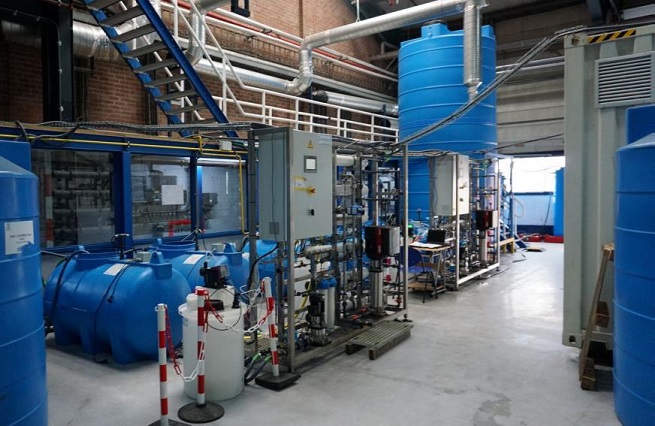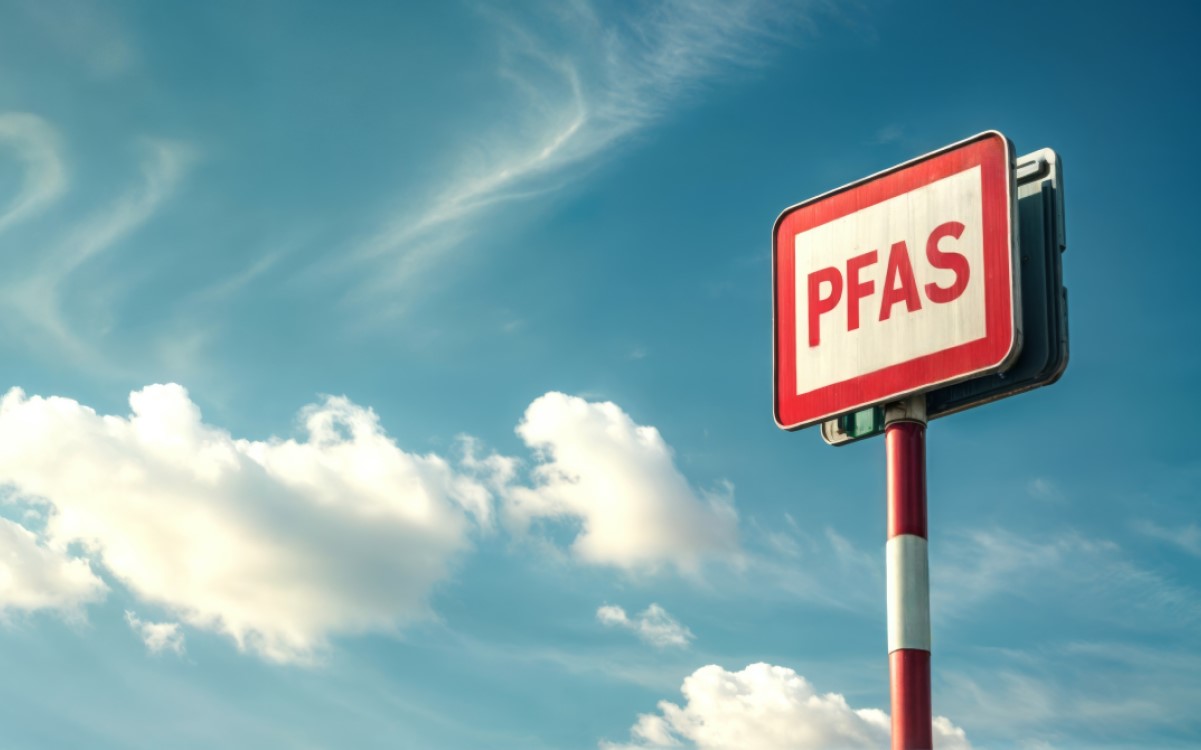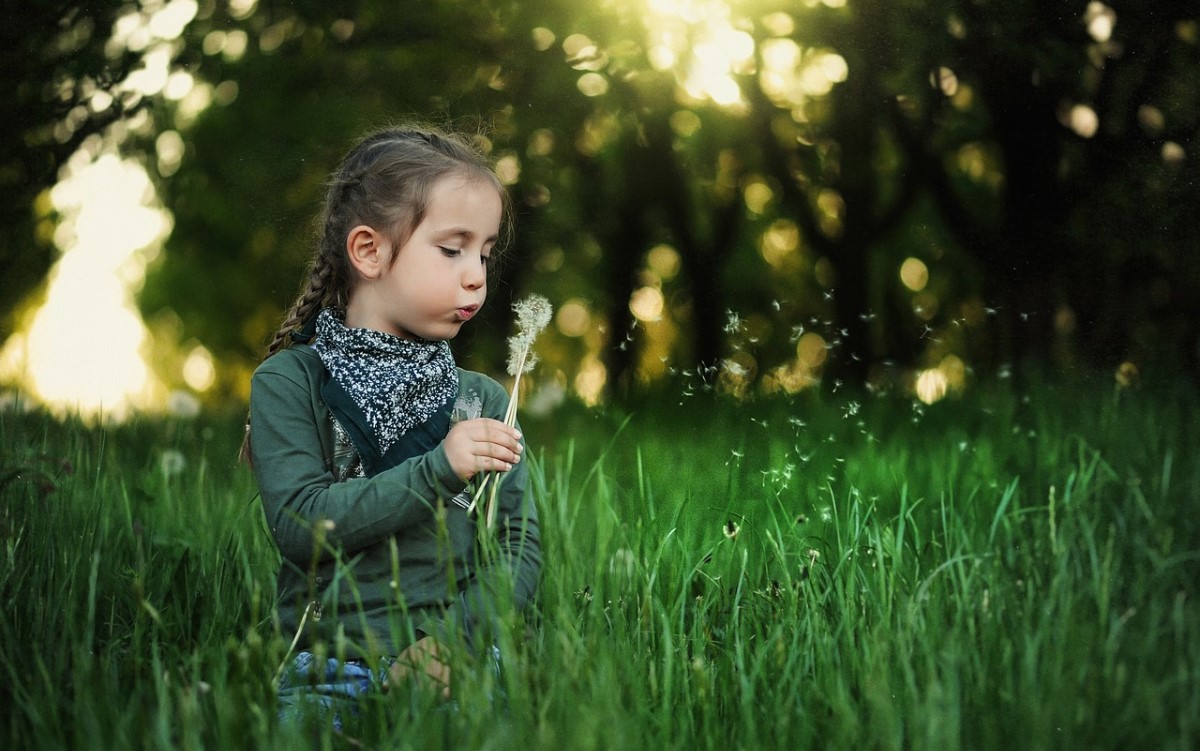Demineralized water is an essential commodity required for the many industrial processing facilities in the Rotterdam Port. This water is provided by the "Evides Demineralised Water Plant" (DWP) – one of the largest demineralized water production facilities in Europe.
While the Site I pilot treated the spent regenerant solution of the IEX unit to recover high purity calcium, magnesium, salt, and clean water, Site II will aim to use an innovative design to treat the reverse osmosis (RO) concentrate of the DWP using a combination of new and existing technologies to recover sulphate salts, sodium bicarbonate, regeneration solution (NaCl rich stream), and clean water.
Zero Brine’s Executive Project Coordinator, Roelof Moll, commended the partners contributing their technologies for the Site II operations. "International cooperation works as key to success in technology development for a circular economy," he stated.
The Pilot Site II technologies are provided by project consortium members including UK-headquartered water treatment company Arvia (TOC removal), Dutch water treatment company Lenntech (nanofiltration and RO), the Delft University of Technology (Eutectic Freeze Crystallizer), and the National Technical University of Athens (evaporator). The pilot is also coordinated by the Delft University of Technology in the context of the Zero Brine project.
The project is facilitating the implementation of the EU Circular Economy package and the Sustainable Process Industry through Resource and Energy Efficiency (SPIRE) Roadmap in various process industries by developing the necessary concepts, technological solutions and business models to redesign the value and supply chains of minerals and water while dealing with present organic compounds in a way that allows their subsequent recovery. The project sets a precedent for industrial circularity and a new generation of innovative, resource-efficient European business.
Two additional pilot plants have yielded promising results at a coal plant in Gliwice, Poland and a silica plant in Zaragoza, Spain, while a textile factory pilot installation near Istanbul in Turkey is currently under construction.
More details about the project are available here.
Zero Brine’s second site launched in Rotterdam
Kategorie: Branche
Thema: Water Solutions
Autor: Jonas Völker
Das könnte Sie auch interessieren:
Passende Firmen zum Thema:
Publikationen
Sie möchten die gwf Wasser + Abwasser testen
Bestellen Sie Ihr kostenloses Probeheft
Überzeugen Sie sich selbst: Gerne senden wir Ihnen die gwf Wasser + Abwasser kostenlos und unverbindlich zur Probe!







